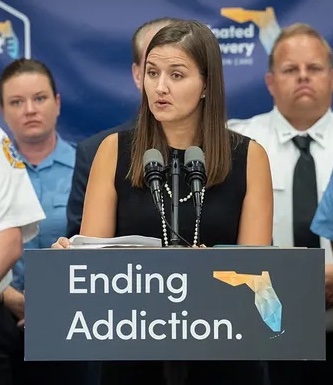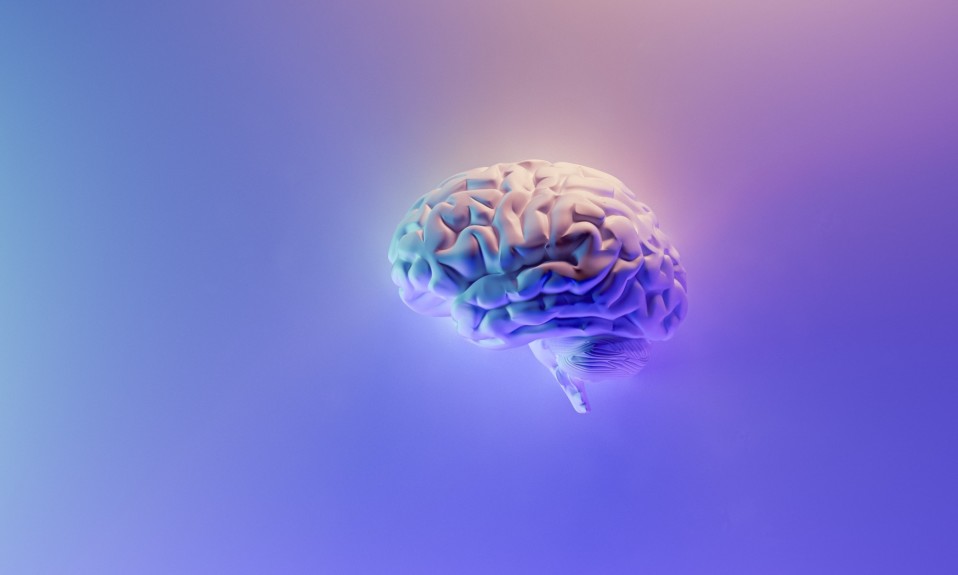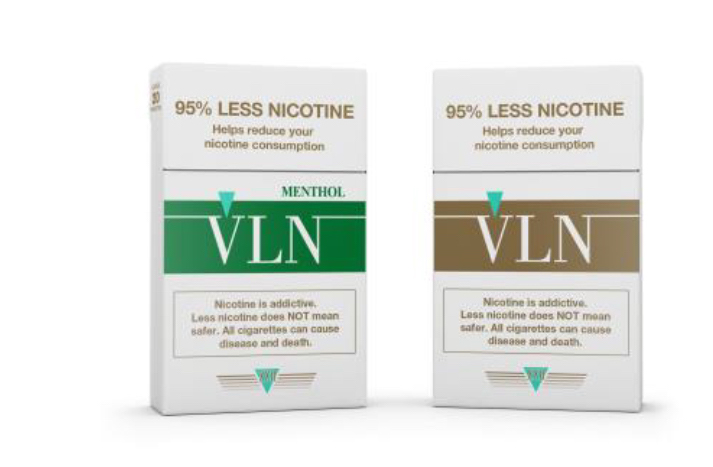Plus: Florida’s new comprehensive opioid response program, and more treatment industry news
By Mark Mravic
New & Next: Research
Deep Brain Stimulation for Addiction
Can a therapy for Parkinson’s disease also work to treat addiction? Researchers at Pittsburgh-based Allegheny Health Network (AHN) have launched a pilot study to see whether deep brain stimulation (DBS), a well-established treatment for symptoms of Parkinson’s and other neuromuscular conditions, might work to mitigate opioid use disorder (OUD). In DBS, electrodes are implanted into a targeted area of the brain and connected to a pacemaker-like device placed under the collarbone or in the chest. The AHN study, initially involving three subjects with treatment-resistant OUD, will target the nucleus accumbens, a region of the brain associated with cravings and part of its “reward” circuit. It’s believed that stimulating that region releases natural dopamine, reducing cravings, improving decision-making and curbing impulsivity.
“DBS has proven to be one of the great breakthroughs in the treatment of neurological disease over the past couple of decades, providing life-changing relief from debilitating conditions for thousands of people,” said Donald Whiting, MD, chair of AHN’s Neuroscience Institute. “As we continue to learn more about areas of the brain and brain mechanisms connected to specific diseases, the possibility of targeting those structures and processes via DBS is something we are intently focused on.
Added Mark Fuller MD, executive director of the AHN Center for Recovery Medicine, “Rather than cure addiction, DBS may enable us to rewire the brain to allow the individual to respond better to traditional treatments along their journey to recovery.”
New & Next: Policy
Florida Launches a Coordinated Opioid Recovery Program
After experiencing more than 8,000 fatal drug overdoses in 2021, Florida announced last week that it is launching a large-scale substance abuse and recovery network to combat the opioid epidemic. The program, called Coordinated Opioid Recovery (CORE), brings together the state’s Department of Health, Department of Children and Families, and Agency for Health Care Administration to create a “cohesive, coordinated system of addiction care.” The program is intended to expand all aspects of overdose response and treat both primary and secondary impacts of substance use disorder (SUD).

In the event of an overdose, CORE will dispatch an emergency response and care navigation team, including peer support specialists, to oversee treatment. The patient will be transferred to a specialty hospital, akin to a trauma center, where they’ll be stabilized, started on medication-assisted treatment and then transitioned to a multi-specialty medical group for “sustainable overall health care.” Patients will be treated for co-existing medical and mental health conditions as well as SUD; the treatment pathway can include primary care, psychiatric evaluation, maternal care, dental care and social services—including career training, housing support and food security.
The CORE program has been piloted in Palm Beach County for the past two years and will expand to 12 more counties in two phases. As part of the initiative, the state appointed Courtney Phillips, MD, as Florida’s first director of opioid recovery. “Substance use disorder is a chronic, life-threatening and relapsing disease that needs to be treated like all other chronic diseases, with medical and subspecialty expertise,” said state deputy secretary for health Kenneth Scheppke. “Launching CORE will create a sustained system of care to manage the complex medical needs of these patients and bring lasting recovery and good health.”
New & Next: Facilities
Rosecrance Scores with Football Families
Recognizing the growing problem of addiction and behavioral health issues among former and current football players, the Pro Football Hall of Fame in 2021 launched Hall of Fame Health, a concierge service for players and their families that connects members of the football community who are in need of care with one of the program’s affiliated Elite Care Centers.
Last week the addiction and mental health care nonprofit Rosecrance, with 60 facilities in Illinois, Iowa and Wisconsin, announced that two of its locations have received Elite Care Center designation and joined the Hall of Fame Health network.
The two sites are:
- Rosecrance Griffin Williamson, an 80-bed residential treatment center for adolescents aged 12 to 20 in Rockford, Ill. The campus includes a school, chapel, gymnasium and healing garden.
- Rosecrance Lakeview on Chicago’s North Side, which offers a structured and sober living environment and other services to ease the transition from treatment to everyday life.
“We are honored to partner with Hall of Fame Health to provide care for the loved ones of those who have championed football on and off the field,” said Rosecrance president and CEO Dave Gomel, PhD, in a statement. “With our unique expertise in giving hope to youth and young adults, we will be able to be a valuable support for many more families.”
New & Next: Treatment
Greenhouse Treatment Center Launches Evening IOP Program
The treatment and recovery field in recent years has increasingly embraced the need to “meet people where they are.” Case in point: Greenhouse Treatment Center, in the Dallas-Fort Worth area, is implementing an evening intensive outpatient program (IOP) to suit clients who have to juggle care for addiction with obligations such as family, work and school. The evening IOP will take place on Mondays, Tuesdays and Wednesdays from 6 p.m. to 9 p.m. at Greenhouse’s outpatient facility in Arlington, Texas.
“This program is meant to increase accessibility to treatment and make accommodations for those who may not find it feasible to seek outpatient treatment during working hours,” said Tyler Harrell, Greenhouse Treatment Center CEO. “When people make that courageous decision to come to us for help, we do not want time to be a deterring factor.”
Top photo: Milad Fakurian














